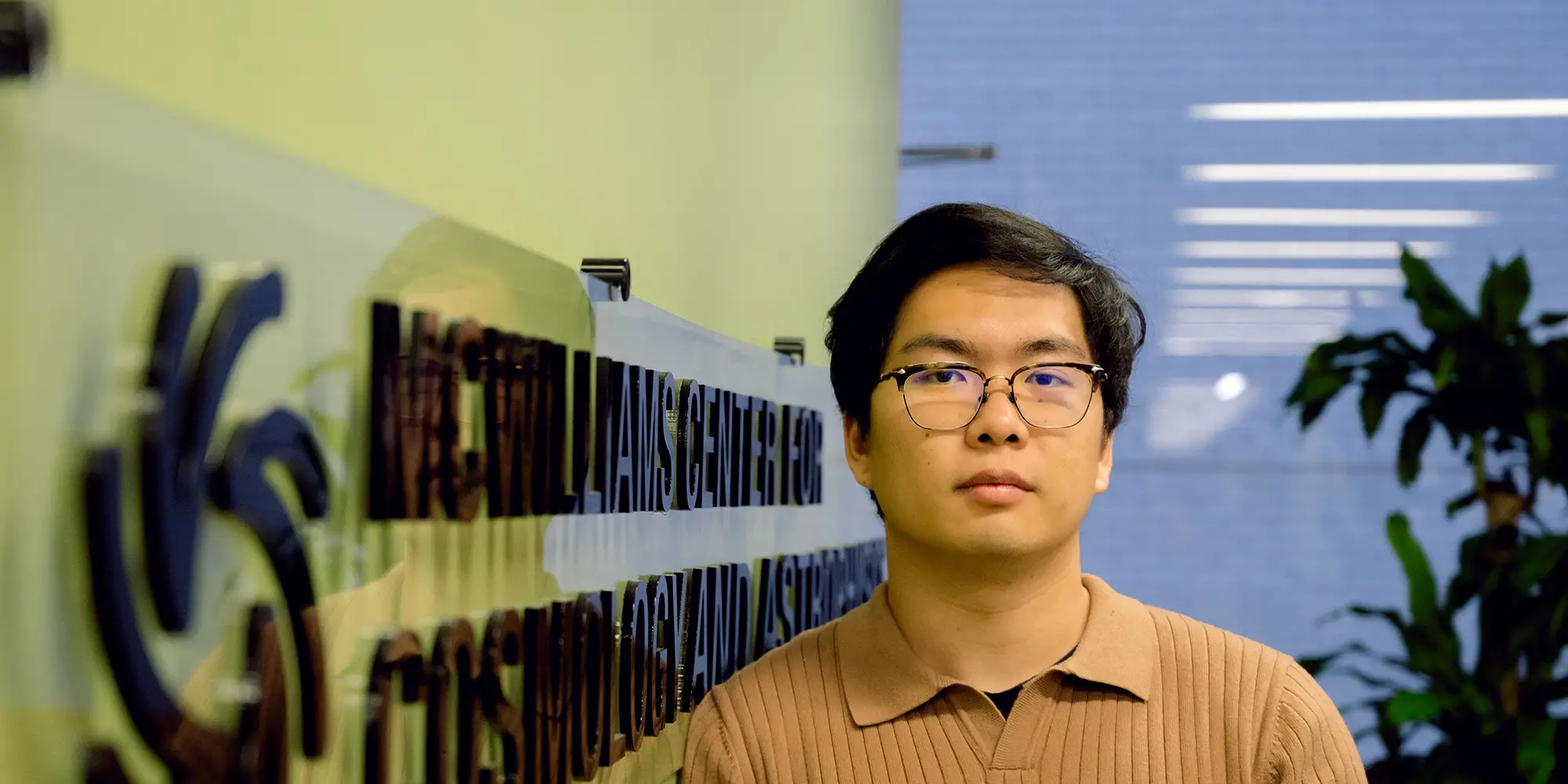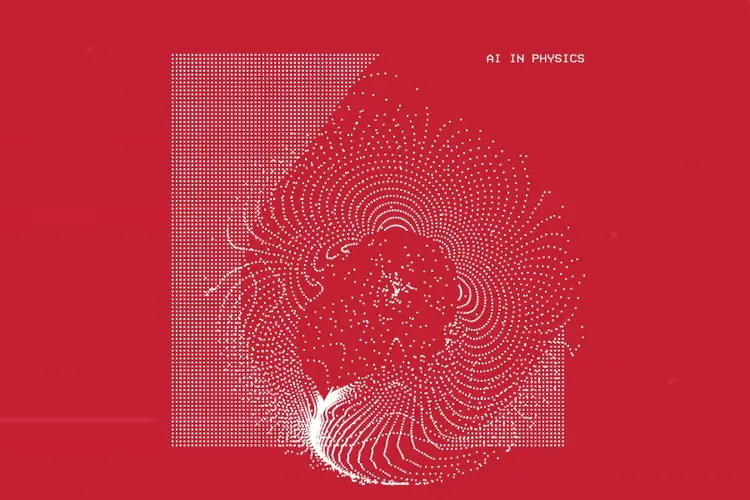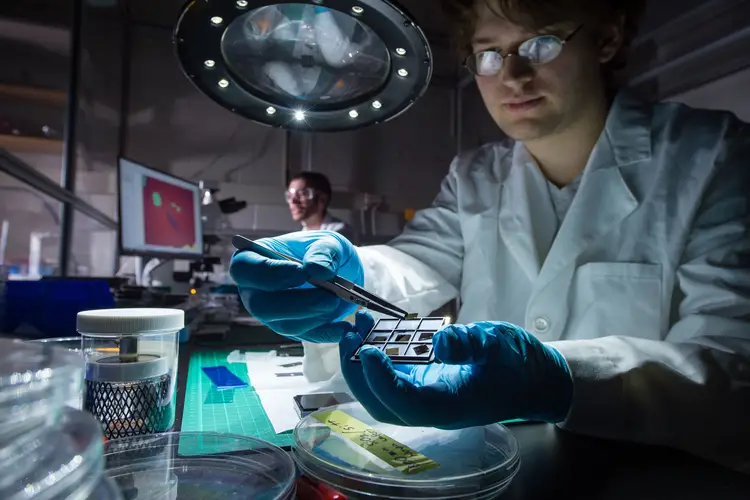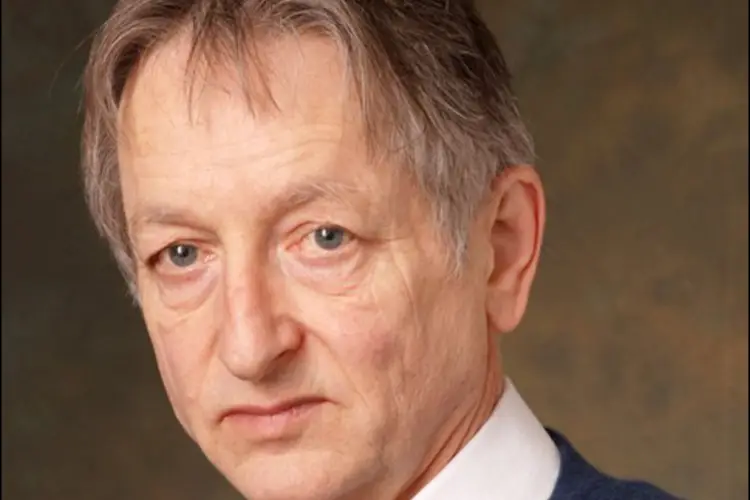
Physics Doctoral Student Earns Department of Energy Graduate Fellowship
Media Inquiries
Chanhyuk (Andy) Park wants to investigate the evolution of the universe through a new lens. Through a fellowship from the Department of Energy, the Office of Science Graduate Student Research Program (SCGSR), he’ll be able to get closer to that goal by working at Argonne National Laboratory.
“I do research in the field of cosmology, and I’m especially interested in weak gravitational lensing,” said Park, a Ph.D. student in Carnegie Mellon University’s Department of Physics(opens in new window). “I study the large-scale structure of the universe, which includes dark matter and galaxies, and weak gravitational lensing is one powerful tool among many that help us understand the strange universe we live in.”
Every planet, star and black hole in the universe affects gravity and is affected by gravity. Even light follows the curves of spacetime that exist because of gravity. With these effects in mind, gravitational lensing allows researchers to investigate the distortions in gravity and spacetime to understand what is in the universe.
Park’s work focuses on enhancing gravitational lensing to make current approaches more accurate. His work takes raw telescope data and uses computational methods to provide more detailed images of what galaxies look like and how large they are.
Rachel Mandelbaum(opens in new window), professor and interim department head of physics, serves as Park’s advisor. She said that his work is far-reaching and could have significant impacts on the field of cosmology.
“Andy is trying to resolve tricky problems that have arisen in analysis of gravitational lensing in ongoing imaging surveys,” Mandelbaum said. “He has been trying to engage with as many stages of the analysis of weak lensing data as possible. Many people in our field work only on specific stages, like image processing or extracting cosmological information from catalogs, but Andy has carried out projects that required him to learn multiple stages in the analysis.”
Because of Park’s expertise, he was selected for a DOE fellowship at Argonne National Laboratory to help them prepare for the Vera C. Rubin Observatory Legacy Survey of Space and Time (LSST). This survey will provide a substantial amount of data about the cosmos with a focus on galaxies, quasars, stars and other astrophysical objects.
The Rubin Observatory recently finished assembling the telescope and have added a commissioning camera, a test camera that is used to ensure everything is working correctly before the final camera is installed. Park will be helping the researchers to ensure the new observatory functions as intended.
“I’ll be getting a first-hand look at these exciting data,” Park said. “I’ll get to look at those pictures taken by the telescope and running all these methods I developed as part of my Ph.D. on real data.”
Park said that he hopes some of the data he gathers can be used as part of his Ph.D. thesis. Even if that is not possible, he said that he looks forward to the opportunity to collaborate with other researchers and learn more about the universe.
“The LSST will carry out for the next decade, and being part of the early stage of the survey and contributing to the science and the community, that’s very exciting,” Park said.


